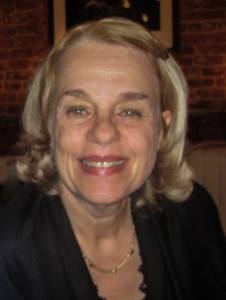Sept 16 , 2019
Mondays, whenever I remember and am in town, I go to the home of a committed and hospitable activist who hosts an organization called Michigan Resistance. Its activism is aimed at our Republican controlled state houses, who under Governor Snyder, pushed through right wing legislature with little resistance or publicity. Now, Michiganders have elected Democrats for Governor (Gretchen Whitmer), and Secretary of State (Jocelyn Benson) and Attorney General (Dana Nessle). Nonetheless, Republicans are still in charge in Michigan’s House and Senate, and they are doing everything they can to undermine a progressive agenda, which includes Proposals 2 and 3, which Michiganders voted for in the November 2018 election.
That’s where the Michigan Resistance comes in. Tonight, those faithful who attend are instructed to call Republican legislators about Proposal 2. It calls for a non-partisan commission to undo Michigan’s extensively gerrymandered voting districts. Republican legislators are trying to finance it by using $4.6 million that had been slotted for the Secretary of State’s office to implement Proposal 3, which calls for straight-ticket voting, automatic voter registration, same-day voter registration, and no-excuse absentee ballots, all items which will empower voters and enhance our democracy.
The calling is tedious, but it’s interesting too, giving me a window into state government that I never would have had. First, we call the Republican legislators. It’s after hours so we just leave messages. For state legislators, these phone call are a rarity, so they may be heard. Then, we call proven Democrats in their districts and ask them to call their state legislators. Few are home or answer the phone, so we usually text them. When we do get to speak to them, they’re receptive, even enthusiastic, and willing to call their state legislators, sometimes even having their phone numbers by their side. How encouraging to talk to these strangers, fellow Dems, usually willing to help.
"Political gerrymandering makes the incentive for most members of Congress to play to the extremes of their base rather than to the center." ~ Barack Obama

